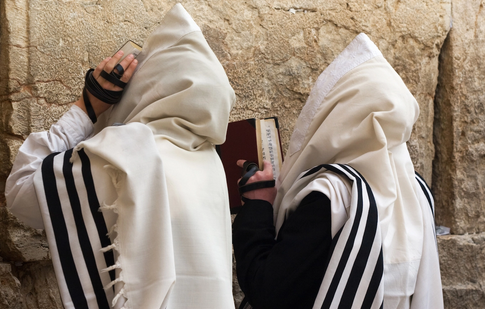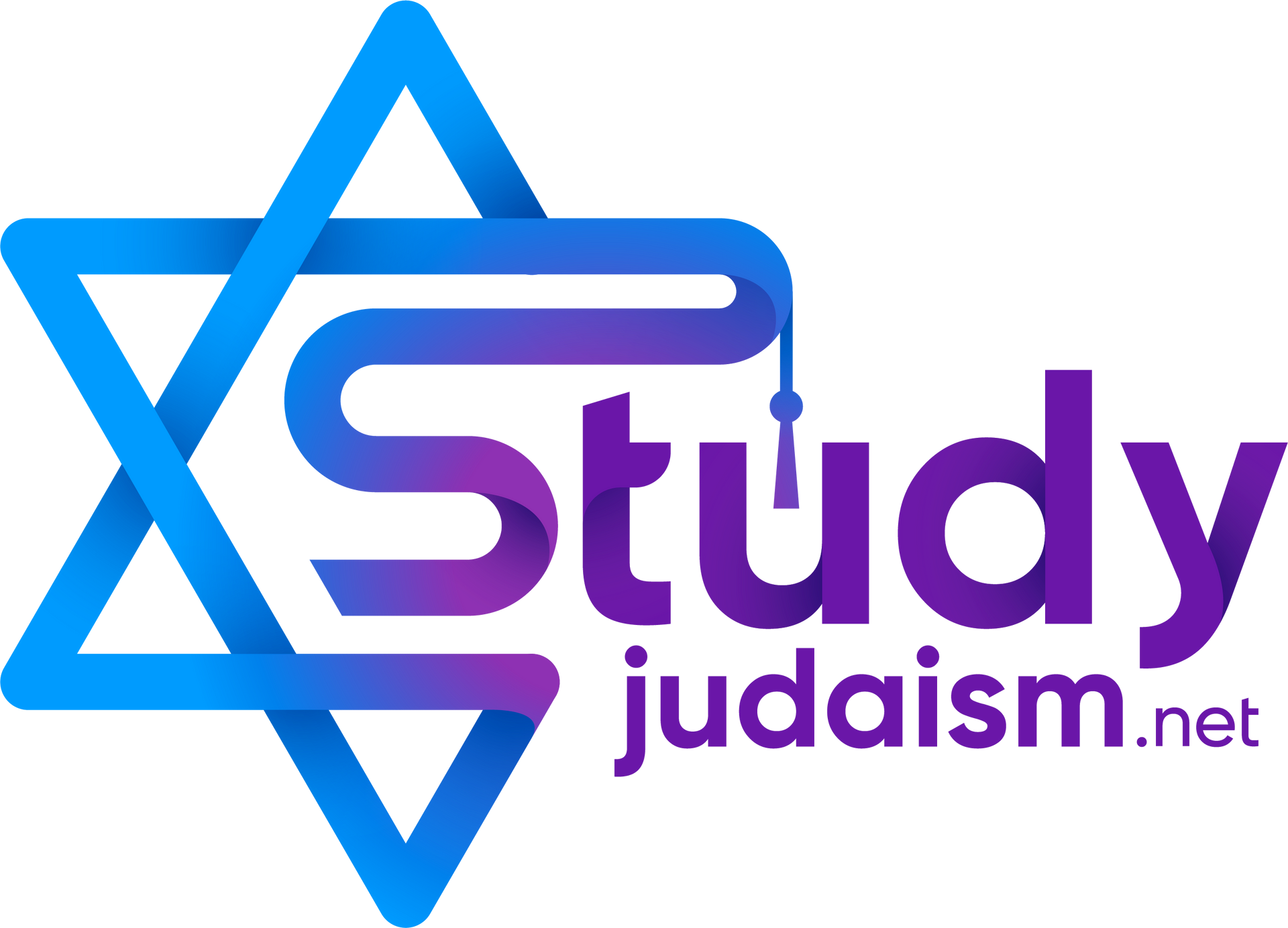The Value of Jewish Education: Should Torah Learning Be Free?
When individuals explore Orthodox Judaism, one question often arises: Why does Jewish education, including conversion courses, cost money? After all, isn’t Torah learning supposed to be freely available to all? While the value of Torah learning is indeed beyond any monetary measure, there are practical and spiritual reasons that explain the cost associated with Jewish education.
The Value of Torah and the Principle of "Lechol Tzorechecha"
The Torah commands us to "teach them diligently to your children" (Deut 6:7), emphasizing the importance of passing down knowledge to future generations. Jewish education is the foundation upon which our spiritual and communal lives rest, and it requires investment to ensure its quality and accessibility.
The Talmud explains that while Torah study should be open to all, there are costs that must be met to provide such education. In Pirkei Avot (Ethics of the Fathers) 4:5, it says, "Do not make the Torah a crown for self-aggrandizement, nor a spade to dig with." This teaches that one should not use Torah to profit or for personal gain, but there is also an acknowledgment that rabbis, teachers, organizations and institutions need resources to sustain their work. Especially if their work involves funding and financially supporting low income individuals and families.
The Importance of Supporting Torah Teachers, Schools, and Organizations
The Rambam (Maimonides) clarifies this balance in his commentary on the Mishneh Torah (Hilchot Talmud Torah 1:7), stating that teachers are allowed to receive payment for their time—not for teaching Torah itself, but for the time and effort they invest in teaching and preparing lessons. The preparation, support, and care required to provide quality Jewish education are considerable.
This is particularly evident when we look at Jewish schools (yeshivot) and other educational institutions and organizations. Jewish schools, which aim to immerse students in Torah learning from a young age, require significant resources to operate. From paying qualified teachers to maintaining a nurturing environment where students can grow spiritually and academically, the costs are necessary to ensure the future and longevity of the Jewish community.
The community has always been encouraged to support Torah scholars and institutions. The Talmud in Berachot 6b teaches us that "anyone who supports Torah scholars will merit sitting in the heavenly academy." Financial support for learning has long been considered a mitzvah, and those who contribute to the furthering of Torah study fulfill an essential role. Whether it is a conversion course, a yeshiva, or a community school, the need for financial investment is universal in ensuring high-quality education.
A World Built on Chesed: The Reciprocity of Torah Learning
Orthodox Judaism understands that education is not just a service but a reciprocal relationship. The verse in Proverbs 3:17 says, "Its ways are ways of pleasantness, and all its paths are peace." For those involved in Jewish education, the commitment to teaching Torah goes hand-in-hand with ensuring the well-being of their students, staff, and infrastructure. To maintain a proper environment for learning, resources are needed—whether for online platforms, physical classrooms, or rabbinical support.
When students contribute financially to their education, they not only sustain the institution but also fulfill the mitzvah of ensuring Torah’s continuity. In the words of Rav Moshe Feinstein (Igrot Moshe, Yoreh De’ah, Part 2, 116), supporting Torah education monetarily is a form of tzedakah (charity), a mitzvah of the highest order.
Providing Genuine Services vs. Exploiting Religion
While most institutions charge fees to cover necessary expenses and provide high-quality education, there are unfortunate cases where individuals use religion as a tool for personal gain and power. Pirkei Avot 4:5 warns against this, stating, "Do not make the Torah a spade to dig with," meaning one should not use the Torah for their own self-aggrandizement or enrichment.
There is a difference between those who seek to enrich themselves by taking advantage of religious communities and those who are genuinely dedicated to providing the highest quality services and path to the Torah. Individuals or institutions that prioritize wealth and power over the spiritual welfare of their students deviate from the Torah's values. The Chafetz Chaim emphasized the importance of sincerity and humility in Jewish education, stressing that true Torah educators focus on the spiritual and educational needs of their students, rather than using their position for personal gain (Chafetz Chaim, Introduction to Mishnah Berurah).
On the other hand, there are those who genuinely invest time, resources, and energy into providing the best possible education, support and guidance. These educators focus on creating an environment where students can thrive spiritually and academically, ensuring that the next generation can carry forward the rich traditions of the Jewish people. The costs associated with these institutions are a reflection of the effort and care required to maintain such high standards.
By contributing to Jewish educational programs run with integrity, students and donors alike become part of a sacred mission to support Torah learning for its own sake.
Paying for Value, Not the Torah
The costs associated with Jewish education should be viewed as a necessary investment in one’s spiritual growth and the growth of the community. Teachers dedicate their time and expertise, platforms are maintained to reach students worldwide, and programs are developed to suit the needs of each learner. These efforts enable students to engage in authentic Torah learning that prepares them for Jewish life, possible Jewish conversion, and personal growth.
Conclusion: A Sacred Partnership
Paying for Jewish education is a partnership in supporting Torah learning and ensuring that it remains strong for future generations. As the verse says, "It is a tree of life for those who grasp it" (Proverbs 3:18), and through our tzedakah (charity), we help ensure that this tree continues to grow and flourish, benefiting the entire Jewish community.




